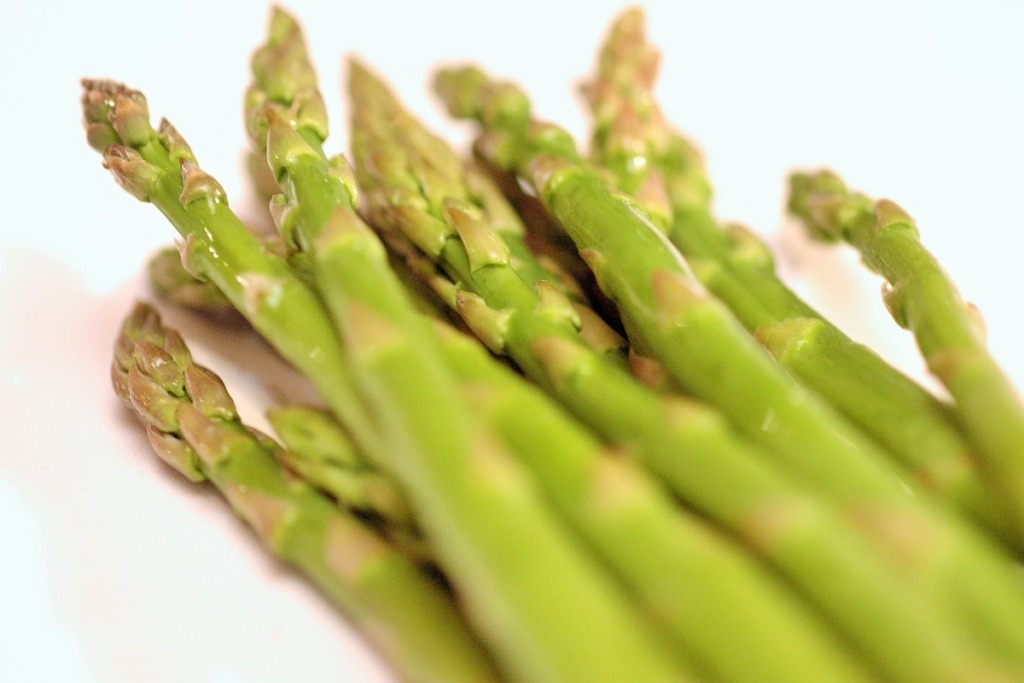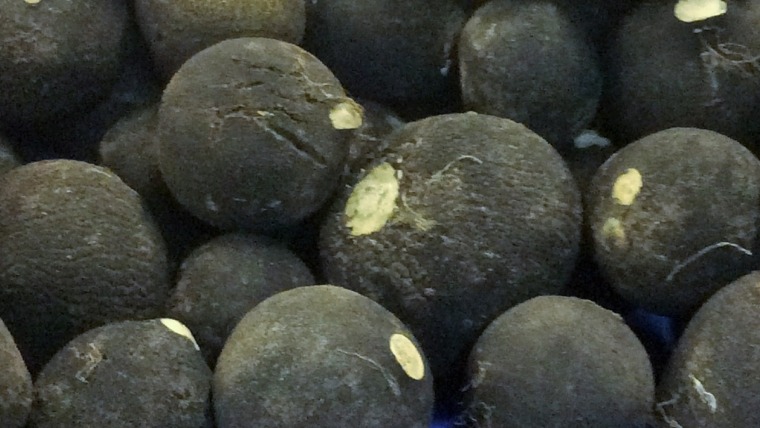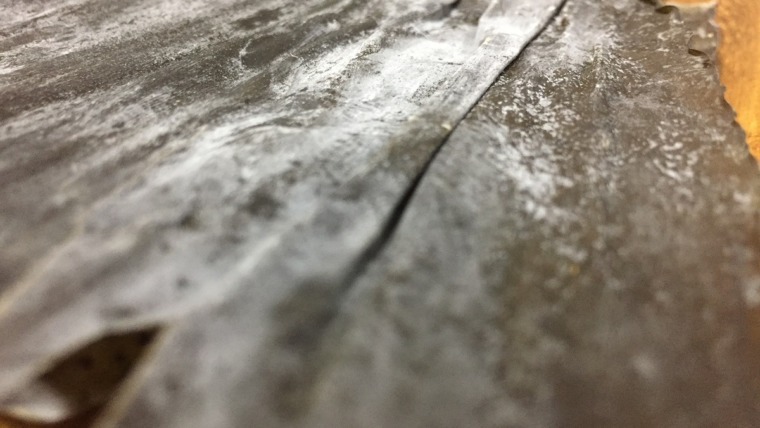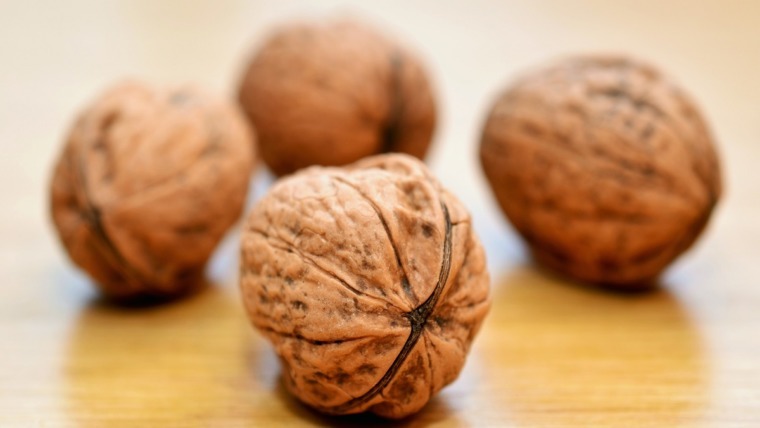
Written by Kevin Kapusi Starow
Asparagus is an amazing springtime vegetable that I confess is a favourite of mine and I am not alone being grown practically all over the world from Europe, to Asia, the Americas and of course Australia. The plant is herbaceous, referring to the fact that is has no permanent woody structure such as a tree. It is a Perennial plant, meaning it lives longer than two years, growing to between 100 – 150 cm in height. The plants produce a fruit being a small red berry, though unfortunately they are poisonous to us humans, it may have been a nice thing, who doesn’t like a berry once in a while?
Asparagus is commonly thought of here as being green, though in other countries, predominantly throughout Europe they think of their asparagus commonly as being white! This effect is created by a process called earthed up, simply the shoots are covered in soil, preventing them from exposure to the sun and thus the creation of any colour. White asparagus connoisseurs swear by this product claiming it is sweeter and softer than the green variety. Asparagus is also found in a less common colour of purple that is appealing to the eye and a little more expensive than the green variety.
History
Asparagus has been used as a food source and as a medicine by many cultures over thousands of years. There are images depicting its use by the Egyptians dating back to 3000BC. WOW, is that how long kids have had to put up with it for???? In ancient times it was commonly known in Syria and Spain, it was either eaten fresh or alternatively dried for later use. It is even said to have been frozen in the Alps by some roman epicurean’s intent on enjoying the vegetable throughout the year.
In the second century AD the Greek physician Galen wrote of the beneficial effect of this herb for the health of our body. In ancient Indian literature asparagus is revered for its aphrodisiacal qualities, attributed to the phosphorus elements contained within it, which is also said to be beneficial in counteracting fatigue. The most delicate part of the plant being the tips points d’amour (love tips) were reportedly served to Madame Pompadour as a delicacy.
For Cooking
There is a never ending plethora of ways to prepare this delectable vegetable, which can be verified by the differing cooking style found throughout the world. Where is made into soups, appetizers, side dishes, sauces, stir-fry’s, or as part of an antipasto selection. They are often eaten just raw, or grilled, bbq’d poached, pickled, baked, steamed, or even sous vide.
The size of the stalks generally indicates the age of the plant, the thicker the stem the older the plant. There comes a tipping point between the young soft shoot and the older shoots where the base becomes hard and woody. With these older shoots it is advisable to peel away the skin at the base, which will aid in cooking, producing a simpler, softer product.
Health Benefits
Water makes up the majority of this vegetable roughly equating to 93% of the total composition. Asparagus is high in amino acids as well as being a natural source of Selenium which is beneficial for the body to fight and prevent the formation of cancer cells. The plant is high in vitamins such as vitamin C, E, K, thiamine Riboflavin, and folic acid. Asparagus enhances the ability of Insulin, found naturally in the body to transport glucose around the body from the bloodstream to the individual cells.
It would be remiss of me not to mention the obvious, the old elephant in the room, as it where, regarding that smell once one urinates after eating asparagus. The plant contains an acid known as asparagusic acid, which once digested in our stomachs is broken down into a group of sulphur containing compounds, thus producing the odour in urine. Though there have been many studies on this subject, which conclude that the odour is a common bodily reaction to digesting asparagus. Furthermore that not all of us can detect the smell as there is a level of sensitivity to the aroma that precludes some individuals from experiencing this smell, those lucky asparagus eating peoples. Unfortunately I am not one of those, though never the less I will battle on with the harsh aroma, as I enjoy asparagus too much to be prevented consuming it by a little odour, Happy eating everyone.




1 Comment